Optimal Timing for Water Treatments
Water treatments are essential for maintaining water quality and ensuring safety. The optimal timing for these treatments depends on various factors including water source, usage patterns, and seasonal changes. Proper scheduling can enhance the effectiveness of treatment processes and prevent issues such as scaling, corrosion, or microbial growth.
Performing water treatments before peak usage seasons helps prevent contamination and buildup.
Regularly scheduled treatments ensure consistent water quality and system efficiency.
Treatments during these times address potential contaminants introduced during construction activities.
Treatments prior to flushing can improve water quality and system longevity.
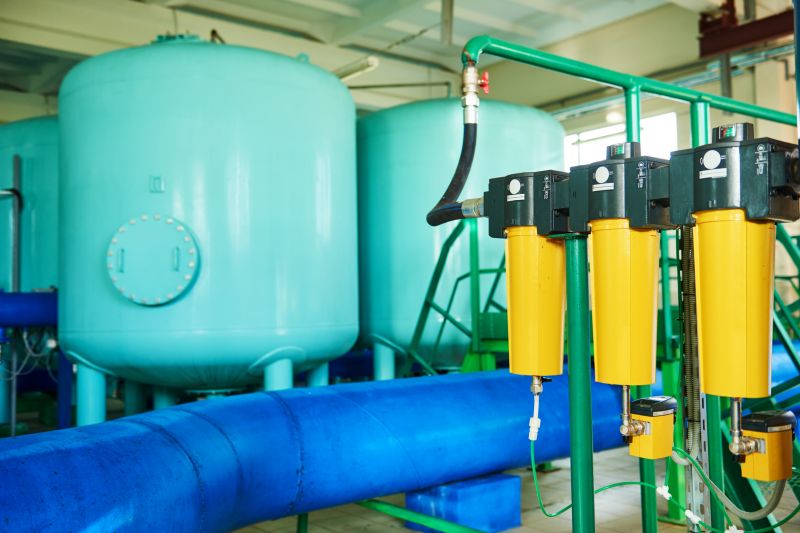
Industrial water treatment systems in operation.
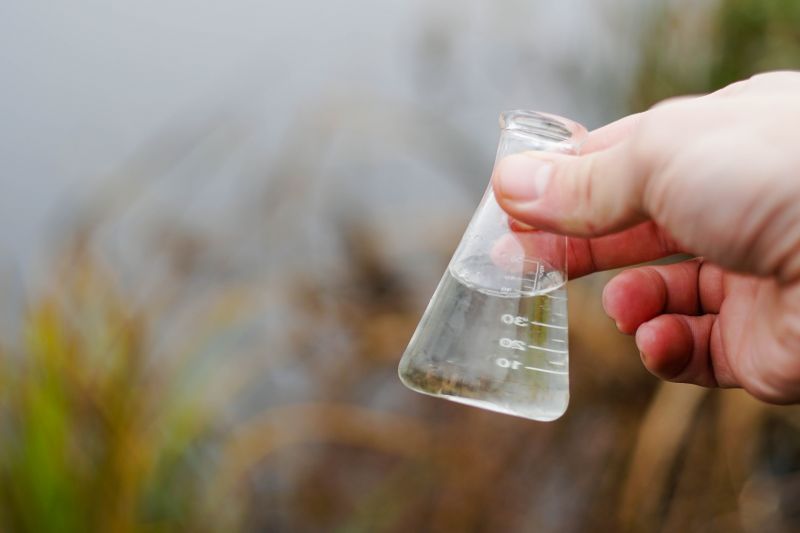
Technicians analyzing water quality samples.
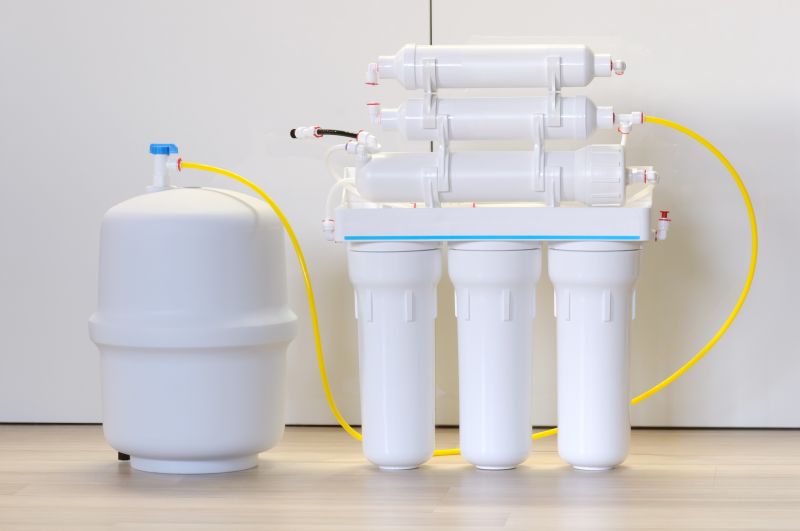
High-capacity water filtration units.
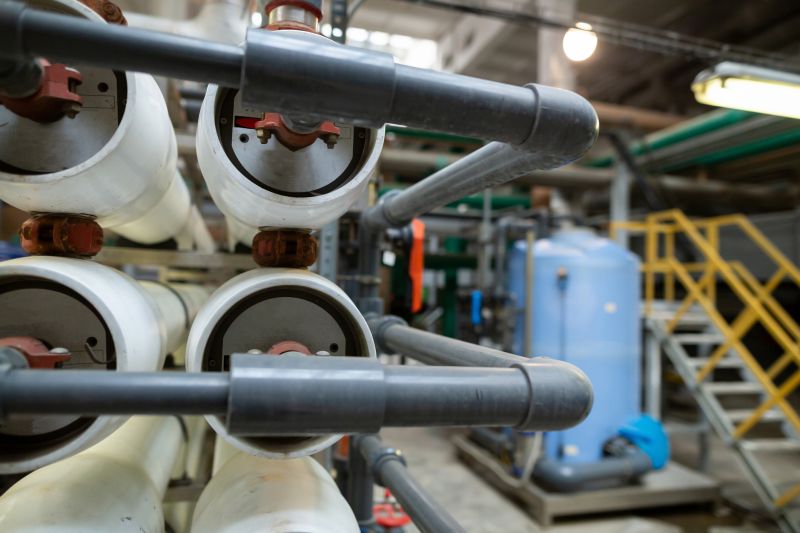
Chemical dosing equipment in use.
| Timing Aspect | Recommended Schedule |
|---|---|
| Seasonal Changes | Perform water treatments before seasonal shifts to prevent issues. |
| High Usage Periods | Schedule treatments before periods of increased water demand. |
| System Maintenance | Coordinate with maintenance to optimize treatment timing. |
| Water Source Variability | Adjust timing based on source water quality fluctuations. |
| Post-Construction | Treat water immediately after construction activities. |
| Pre-Seasonal | Prepare water systems before peak usage seasons. |
| Routine Checks | Conduct regular treatments as part of maintenance. |
| Emergency Situations | Treat water promptly when contamination is detected. |
Water treatments involve processes such as filtration, chemical dosing, and disinfection to improve water quality. These treatments can remove contaminants, control microbial growth, and prevent scaling or corrosion within plumbing systems. Implementing treatments at appropriate times can extend equipment lifespan, reduce operational costs, and ensure water safety for consumers.
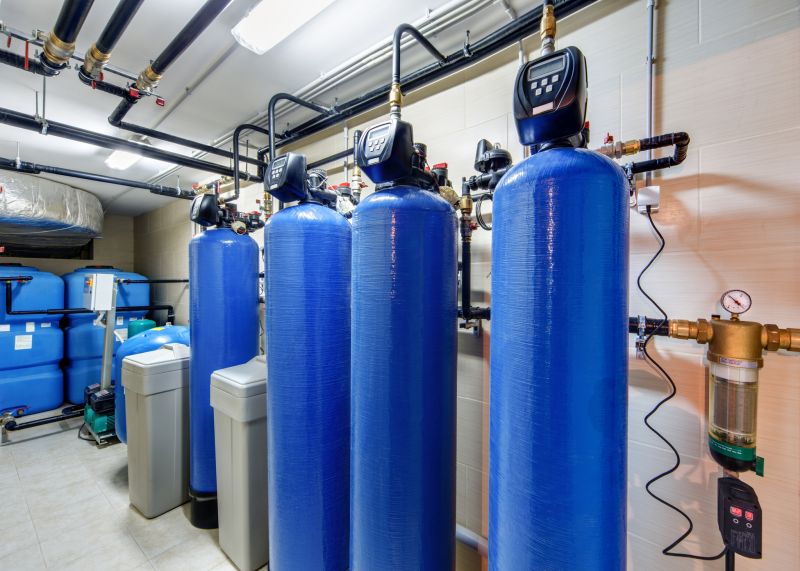
Facility processing large volumes of water.

Precise chemical application for water purification.
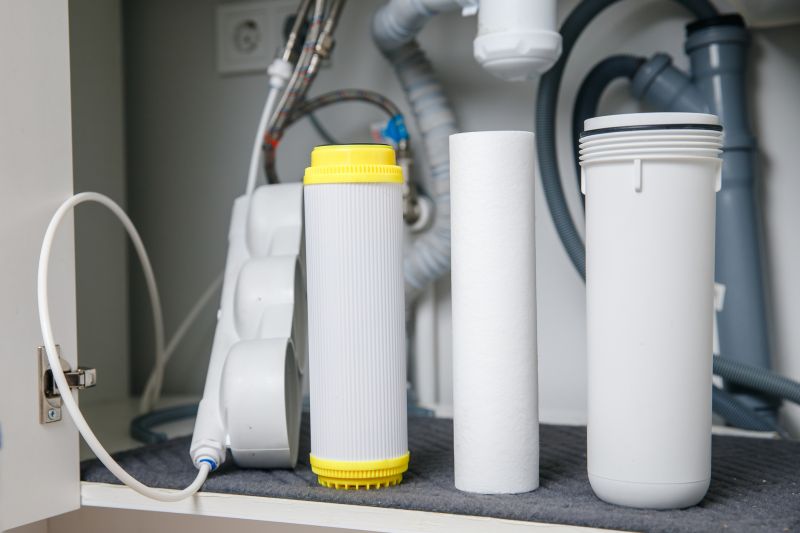
Detailed view of filtration components.
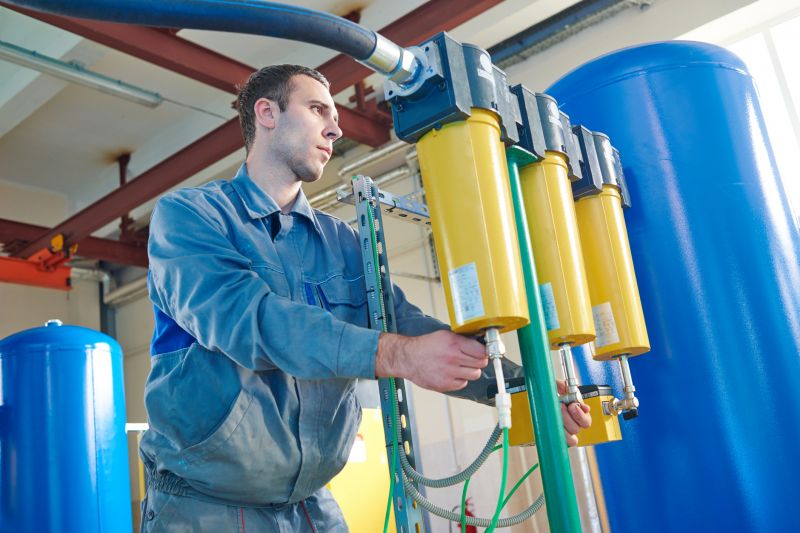
Chlorination or UV treatment in progress.
Choosing the right time for water treatments depends on water quality assessments, system demands, and seasonal considerations. Proper scheduling ensures that water remains safe and meets quality standards, minimizing risks associated with microbial contamination and mineral buildup. Regular evaluations and adjustments to treatment schedules can optimize system performance and water safety.
Regular testing helps determine the best timing for treatments.
Timely treatments improve operational performance.
Scheduling treatments proactively reduces health risks.
Proper timing minimizes unnecessary treatments and expenses.
Interested parties are encouraged to contact for more information about scheduling water treatments. Proper timing and regular maintenance are key to ensuring water quality and system longevity. Reach out to discuss tailored treatment plans suitable for specific needs.

